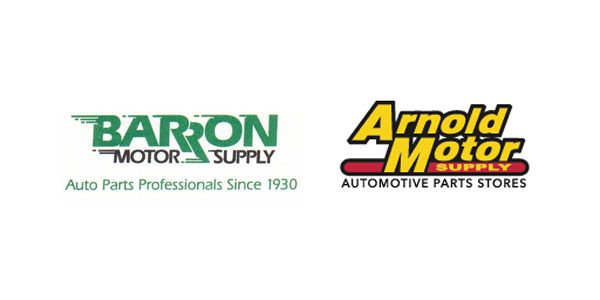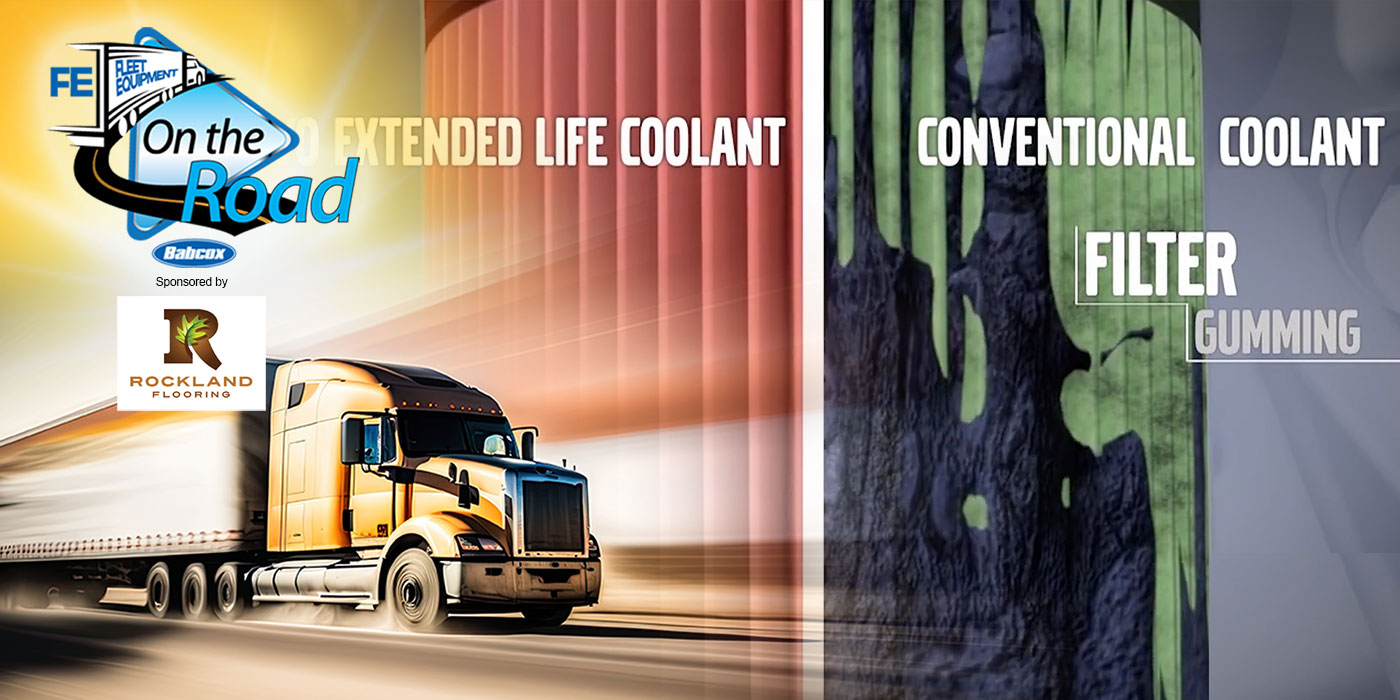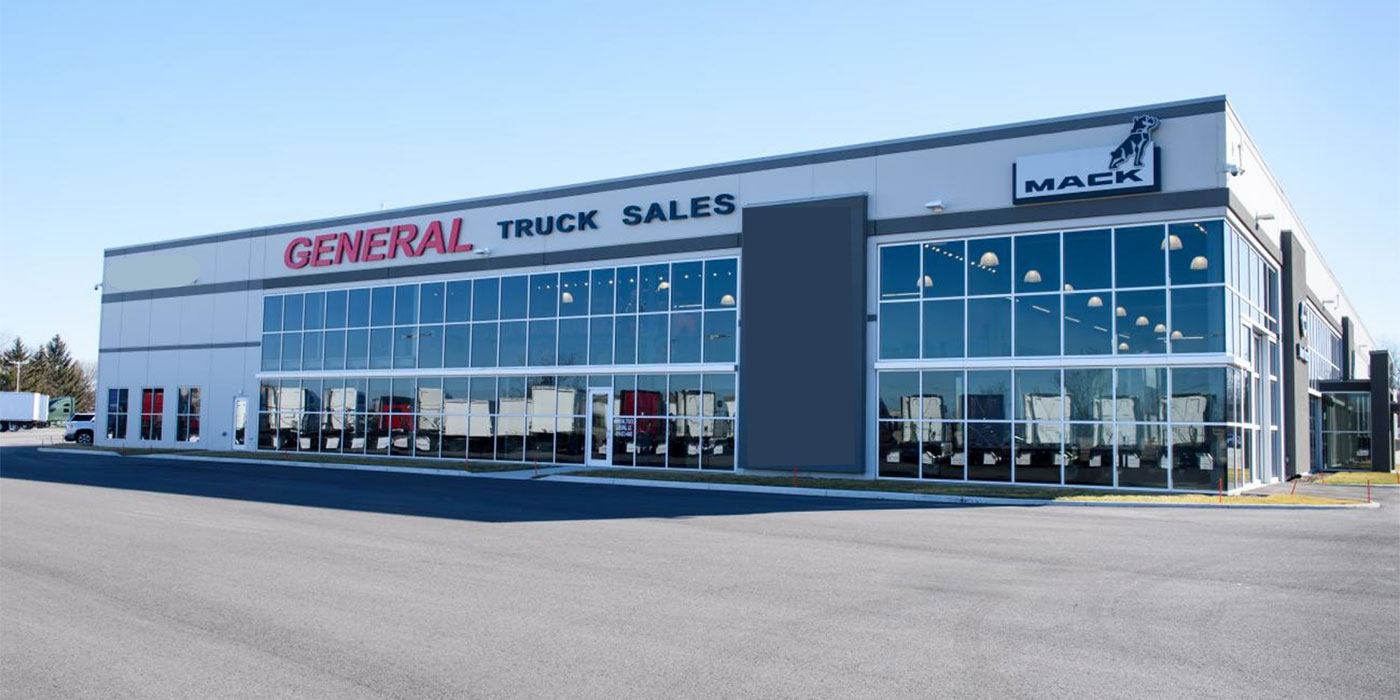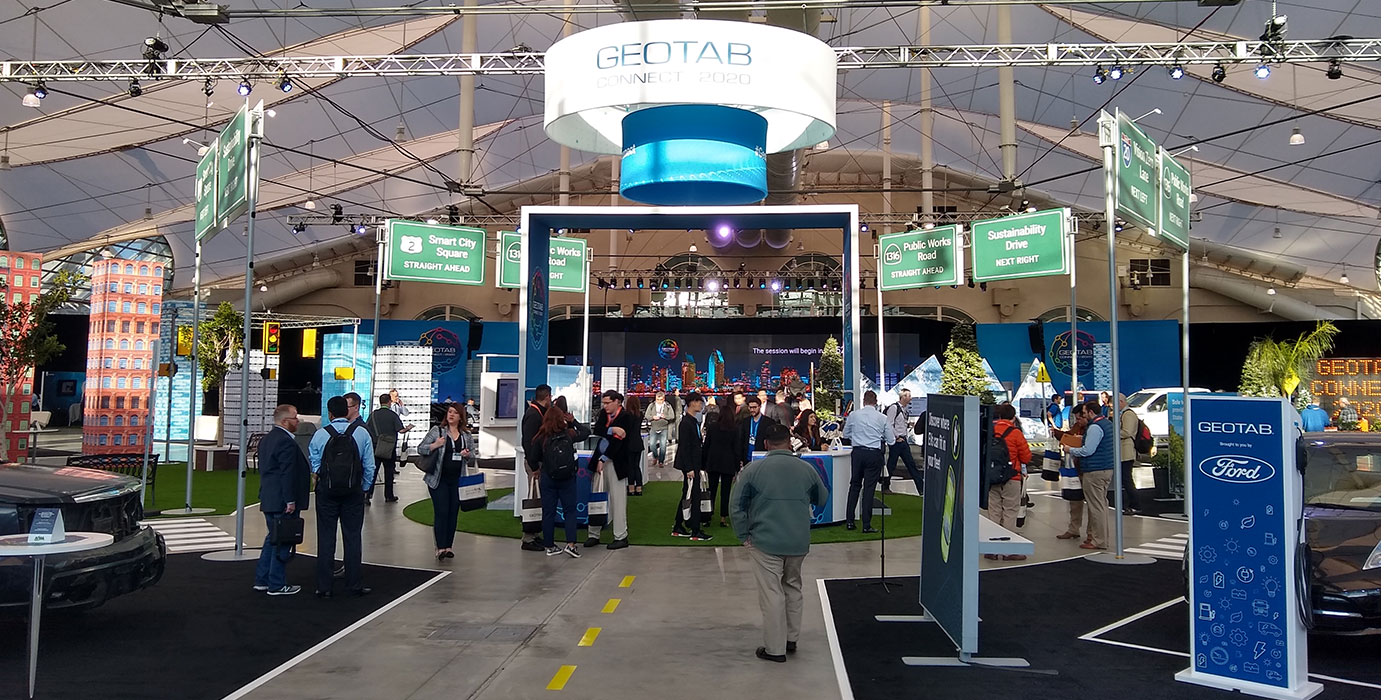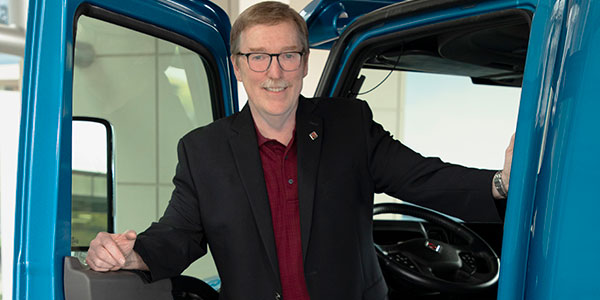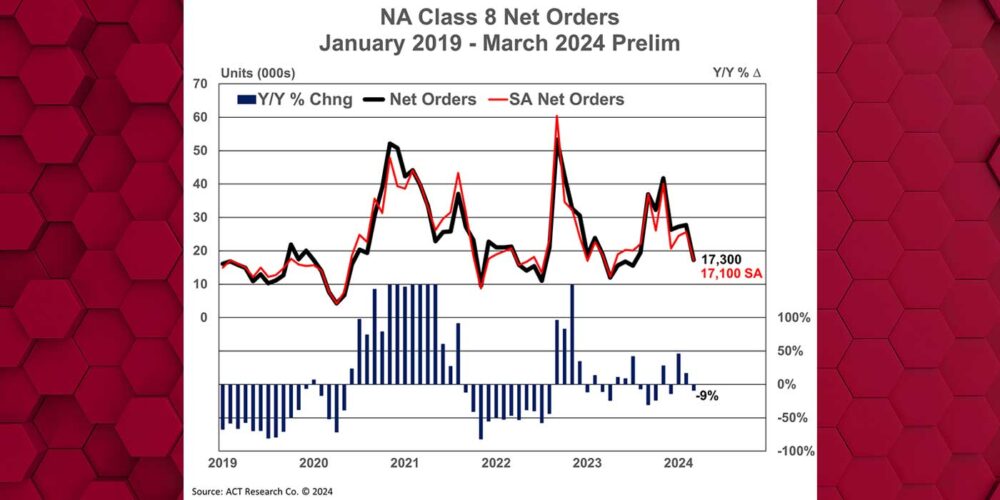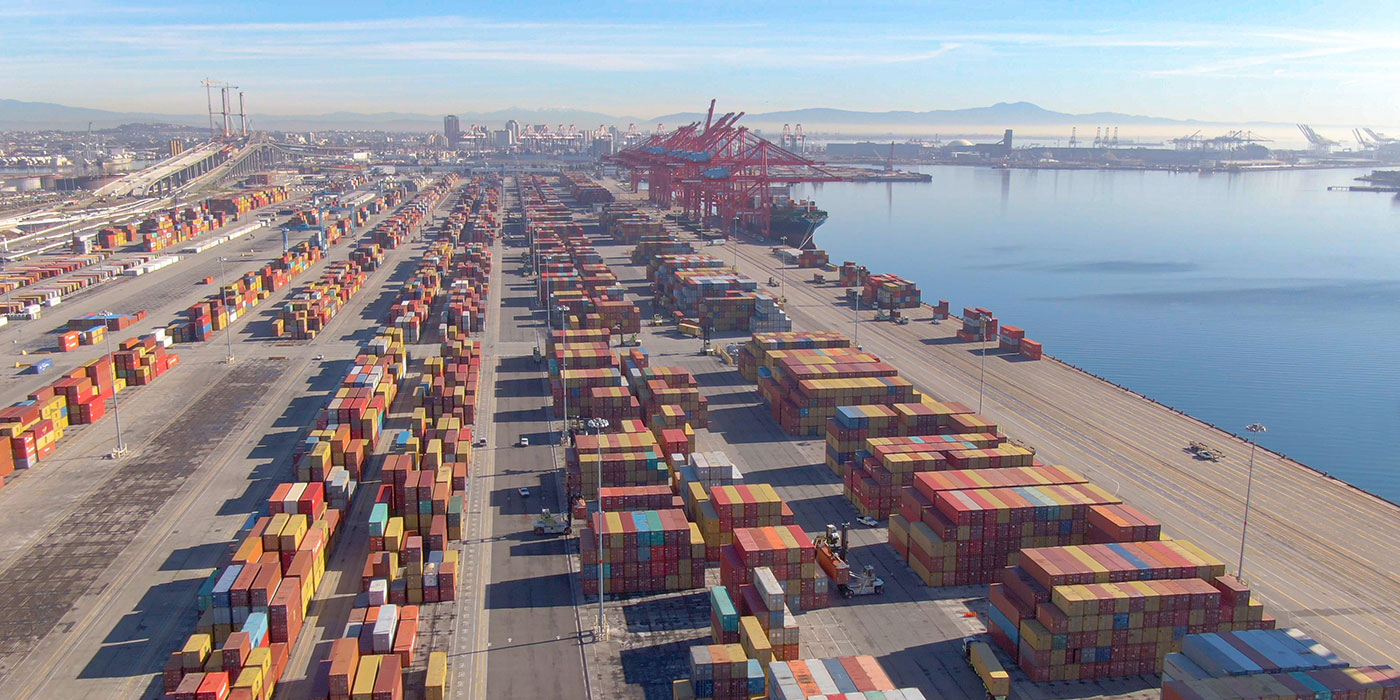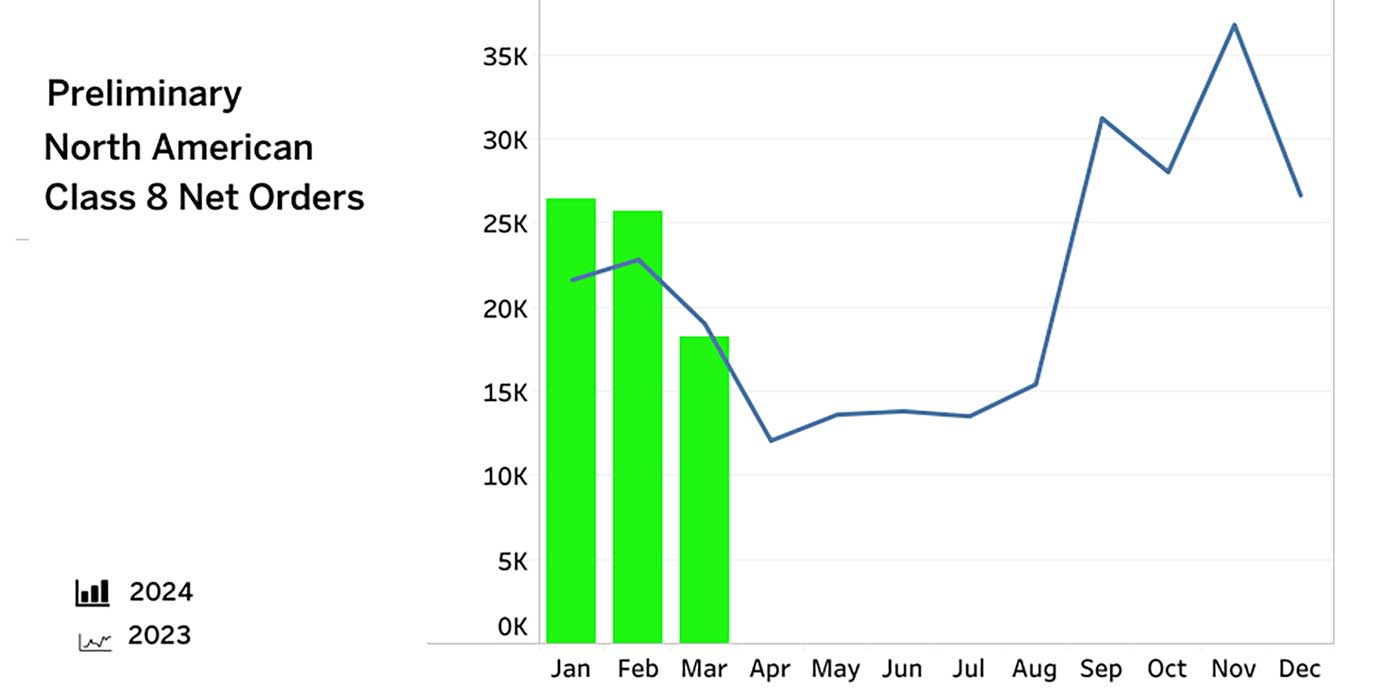Are we making any progress? It’s always an interesting question. When it comes to tires, the industry and fleets tend to focus on different goals.
Fuel economy, maximizing intervals between scheduled maintenance, extending tire removal mileages, increasing driver satisfaction, maintenance outsourcing and a host of issues may compete for top billing. Tire selections are especially vulnerable to second-guessing.
Tradeoffs in truck tire performance are useful when selecting the optimum brand/type for different service conditions. This accounts for the array of offerings available from tire manufacturers. For example, tires designed to optimize on/off road performance have extra stone cut and chip/chunk resistance, but poorer rolling resistance and high speed durability than their linehaul counterparts. To a lesser degree, tires optimized for metro/delivery service also differ from linehaul versions. Tradeoffs may also be cost effective when selecting tires for short vs. long trade cycles, vehicles used in security risk environments, specialized bodies (for example, high center-of-gravity), or for leased vs. owned equipment.
Progress, on the other hand, is usually claimed by most sales/marketing efforts, and has actually been delivered by many truck tire products in recent years. True progress happens when new materials, processing technologies, engineering design breakthroughs or other such innovations allow the overall performance envelope to be expanded. Thus, treadwear/take-off mileages, for example, are extended without compromise in other relevant performance areas. Tires are somewhat unique among truck components because they can affect so many other vehicle performance areas. Also, tires often display symptoms, or provide early warning signs of problems or maintenance issues with other vehicle components. Alignment needs and driver training are common examples.
An important consideration when trying to differentiate between tradeoffs versus true progress is to ask, and when is it appropriate to seek documentation, about other important cost and efficiency variables that may be affected. Common areas to review:
• Frequency and extent of maintenance
• Changes required to vehicle gearing
• Alignment, or suspension component selection or maintenance frequency
• Tire/brake cooling changes
• Availability of replacement parts and service for non-scheduled over-the-road problems
• Rolling resistance/fuel economy changes
• Any potential effects on warranties of related components.
Another area to explore is whether or not a change being considered will result in adding a new or complicating maintenance standard, such as: different inflation pressures, tire/wheel mounting procedures, different inflation valves, or changes to wheel cut limits and wheel enclosure clearances.
Many savvy tire guys find that evaluating tradeoffs is a good approach to solving tire problems, while evaluating claimed progress in the form of truly advanced products or services falls into the “opportunity for improvement” category for operations that are basically running well with existing technology.
This is not to say that long term progress isn’t worth temporary complication, but changes should be approached with an understanding of the risks involved and temporary cost or complexity. Also, keep in mind that we operate in a climate of change. The rising cost of fuel, driver shortages, technician and shop time availability differ over time, making some tradeoffs and evaluations of product progress that might have been dismissed several years ago desirable today. Tradeoffs versus progress — keep the difference

